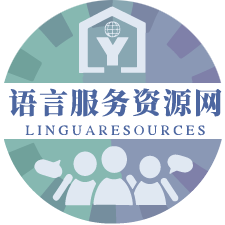Veen Bosch & Keuning (VBK), the Netherlands’ largest publisher and a recent acquisition by Simon & Schuster, has announced plans to trial the use of artificial intelligence (AI) to translate a limited selection of books into English. The experiment has sparked debate within the publishing and translation communities, raising questions about the future of literary translation.
According to The Bookseller, VBK will use AI to translate fewer than ten commercial fiction titles, excluding literary works or those with potential English rights sales. A VBK spokesperson emphasized the experimental nature of the project, stating that it involves full author permission and “one editing phase” by human editors. “We are not creating books with AI; it all starts and ends with human action,” the spokesperson said.
While VBK positions the initiative as an efficiency tool for unsold English rights, some industry professionals have expressed concerns. Michele Hutchison, an award-winning translator, argued that AI’s limitations could jeopardize the integrity of creative works. She told The Guardian, “The text might be superficially smooth but it is also likely to be very bland,” adding that the decision risks misrepresenting authors’ work. Similarly, David McKay, a literary translator who translates from Dutch into English, said, “Taking the translator out of the loop opens the door to incorrect or misleading translations that will serve readers poorly.”
Ian Giles, chair of the Translators Association at the Society of Authors (SoA), is worried about the implications on translation work. He told The Bookseller, “Earlier this year, the SoA found that one third of literary translators are already losing work to AI. Where work itself is not lost, translators struggle to increase their prices in the face of the AI challenger. This pressure on translators’ incomes jeopardises our ability to support ourselves in what is a highly precarious industry.”
As VBK’s experiment unfolds, the publishing world will be closely watching its outcomes and implications for the balance between technological innovation and the artistry of translation.











